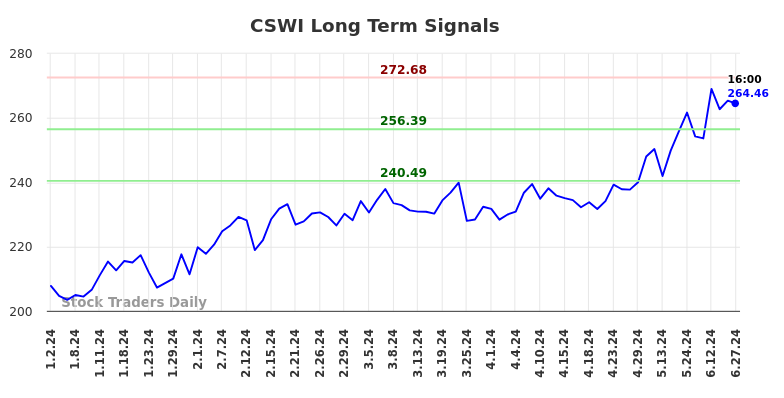For truly fresh air, avoid using fragrances and eliminate the source of bad smells wherever possible. Then let in fresh outside air. And if that’s not enough, use absorbent materials to capture any remaining odors.
Unpleasant smells caused by “simple living” usually have a specific cause: leftover food that has been lying in the wastepaper basket for several days, spoiled food in the refrigerator, a washing machine or pile of laundry that smells like mold or a gym, a bathroom that smells like a public latrine. There are solutions for each of these problems.
Of course, to tame the smell of a wastepaper basket, you can empty it more often. Or if that’s too much of a nuisance, try rinsing out particularly smelly items, like wrappers from a fish packet, or putting them in a plastic bag that once held bread or vegetables. But don’t buy plastic bags just for that; most homes accumulate a lot of plastic packaging that can trap smelly kitchen waste.
If you open the refrigerator and cringe at the smell, it’s time to clean it.
- Take the food out and do a smell test or check for visible mold or other signs that it is too old to eat.
- Clear one shelf at a time, starting at the top.
- Rinse containers of gummy food that have fallen onto a refrigerator shelf and clean the shelf before refilling it.
- Place lids or other coverings on any food that is not enclosed to prevent the development of new unpleasant odors.
- Remove the fruit and vegetable drawers so you can clean the inside and the bottom. Old spilled liquids can cause unpleasant smells in the refrigerator, even if the food inside is fine.
- Baking soda absorbs odors very well, so leave an opened pack in the refrigerator after cleaning and refilling to prevent the buildup of unpleasant odors.
Laundry odors can come from the laundry itself or from a washing machine.
- To keep your laundry smelling good, don’t throw damp clothes in a pile or basket unless you plan to wash them within a day or two. Instead, hang the clothes up or drape them over a hamper—whatever it takes to get them dry.
- The sooner you treat stains, the easier they will be to remove, so rinse stains or scrub them with a little soap and water as soon as you notice them. Then let the garment dry instead of immediately throwing it on the laundry pile.
- Many washing machines don’t completely drain the water at the end of a cycle. If you only do laundry once a week, you’ll probably smell a foul odor from leftover water from a week ago. Manufacturers recommend wiping down the basket and rim after the last load of a day, running a regular cleaning cycle, and cleaning the filter (if the machine has one). Leaving the door ajar also helps, assuming you don’t have small children who might climb into a front-loading washing machine.
- If you do multiple loads of laundry each week, allow a few days between washes to flush out the water under the tub before it starts to smell like a swamp.
- In the bathroom, a good exhaust fan used regularly will go a long way in eliminating unpleasant odors. To make the most of this, open the door a crack while the fan is running so it can draw fresh air from your home into the room to replace the humid air it sends outside.
- After your last shower, wipe down the walls and hang damp towels to dry quickly.
- Urine odor can be caused by splashes on the edge or back of the toilet seat, but also on adjacent walls or on the floor. A thorough cleaning will help. Put on gloves beforehand.
Removing cooking odors is a little more complicated, assuming you don’t want to avoid certain foods just because of their lingering smell.
- If you have access to a patio, balcony or porch, you can easily cook outdoors on a grill when the weather is nice.
- For cooking indoors, a range hood with an outward-facing fan is better than one that just pulls air through a filter. Upgrading to a vented fan isn’t always possible, so you’ll probably have to work with the existing configuration.
- Range hoods have stainless steel baffles or a metal grill to catch grease particles in the air. Over time, the screens can become so clogged with grease that the fan can no longer pull much air through, resulting in a stronger smell in your kitchen. Clean the screen or stainless steel baffles by submerging the piece in a sink filled with hot water and hand dish soap. You can add a little baking soda to loosen the grease. Let it soak for about 10 minutes, then scrub it with a soft brush, rinse it, and let it dry on a towel or rack. Some screens can go in the dishwasher without any problems.
- Ventless cooker hoods have metal mesh filters that catch grease and carbon filters that trap odors. If the mesh is a separate part, you can wash it in a similar way. Carbon filters and combined mesh and carbon filters cannot be cleaned because there is no way to rinse the odor-causing particles out of the carbon. Appliance manufacturer Bosch recommends replacing carbon filters every three to four months, but the frequency may vary depending on how often you cook and whether you do a lot of frying. Trust what your nose tells you.
- Covering frying pans with a splatter guard can reduce the amount of grease that gets into the kitchen air, thereby extending the life of a filter.
General tips for odor removal
Opening doors or windows is a tried-and-true way to get rid of odors and let in fresh air, although this can reduce the effectiveness of running heating and cooling systems. Install screens if you live in an area where mosquitoes or other flying insects are a problem.
What if you do all of these things and still find that your home is still plagued by bad air? Consider adding a carbon filter to your heating and air conditioning system, or purchase an air purifier designed for a smelly room. To eliminate odors, you’ll need an air purifier with a carbon filter (or a combination of mechanical filter and carbon filter). For the carbon filter to be effective, it must be replaced regularly. Consumer Reports recommends replacing it every three months and budgeting accordingly, as a replacement filter can cost up to $50.
Do you have a problem at home? Send questions to [email protected]. Write “How To” in the subject line, tell us where you live and include a photo if possible.




